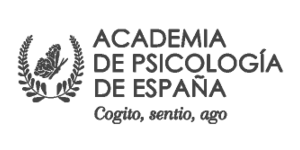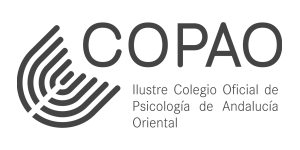Speaker

SIMON PETER NEUMER
UIT THE ARCTIC UNIVERSITY. NORWAY
Is a Senior Researcher at the Centre for Child and Adolescent Mental Health, South and East Norway, Oslo and Associate Professor at RKBU – North, Health Sciences Faculty, UiT The Arctic University of Norway, Tromsø.
He is a Specialist in clinical psychology and supervisor in the Norwegian Psychological Association (NPA). During the last years, Dr. Neumer has been PI and Chief Investigator (CI) in several research projects in Norway, the “ECHO study” (https://echo.r-bup.no/en): a cluster randomized controlled study with a factorial study design. Before that, he has been CI in “Coping Kids: a randomized controlled study of a new indicated preventive intervention for children with symptoms of anxiety and depression”, a cluster randomized multi-center study. He is member of the Editorial board in the Scientific Journal PsykTestBarn.no.
Evidence-based practice in Norway – quality, use of and attitudes towards tests and assessment of mental health in children and adolescents

Reviewing the quality of and implementing evidence-based assessments is an important task for the governmental research centres in Norway. Assessments are important in establishing diagnoses, determining appropriate treatment plans, and evaluating the efficacy of interventions. Consequently, it is important to use high quality tests to ensure that the correct decisions are made both in clinical and research settings. Recent reports have shown that the quality of the tests being used in Norway varies and often lack documentation of reliability, validity and norms.
This symposium will present results from two new studies, investigating the attitudes of practitioner towards EBI´s and use of tests in Norway. In addition to investigating the quality of the psychometric properties of Norwegian versions of tests and instruments published in systematic reviews in the open-access journal (PsykTestBarn.no).
We conducted two related national surveys to map assessment practices in Norwegian child and family services. The first survey focused on how clinicians across frontline and specialist services (N = 584) use standardized tools to assess child mental health and functioning — including which tools they use, how they choose them, and how the results are applied. The second survey explored assessment practices within low-threshold services, based on responses from staff at all ten Blue Cross Children’s Stations (N = 64, response rate: 93%). Staff emphasized the importance of documenting children’s social and emotional development, while also identifying barriers such as limited time, lack of suitable tools, and uncertainty about data use.
In Norway, the review process for tests suitable for children and adolescents is coordinated through a collaboration among four regional centres for child and adolescents’ mental health, funded by the Norwegian Directorate of Health. This initiative operates as an open-access journal (PsykTestBarn.no) that publishes systematic reviews of tests, screening instruments, and measurement tools utilized to assess mental health, psychosocial issues, abilities, and skills in children and adolescents within Norway. To gain overview of the status of psychometric properties of all published reviews, since its inception in 2011, mapping the quality by investigating the norms, validity and reliability of each test and summarize the results in one presentation and the second presentation will be on the focus and methods of the journal PsykTestBarn.












